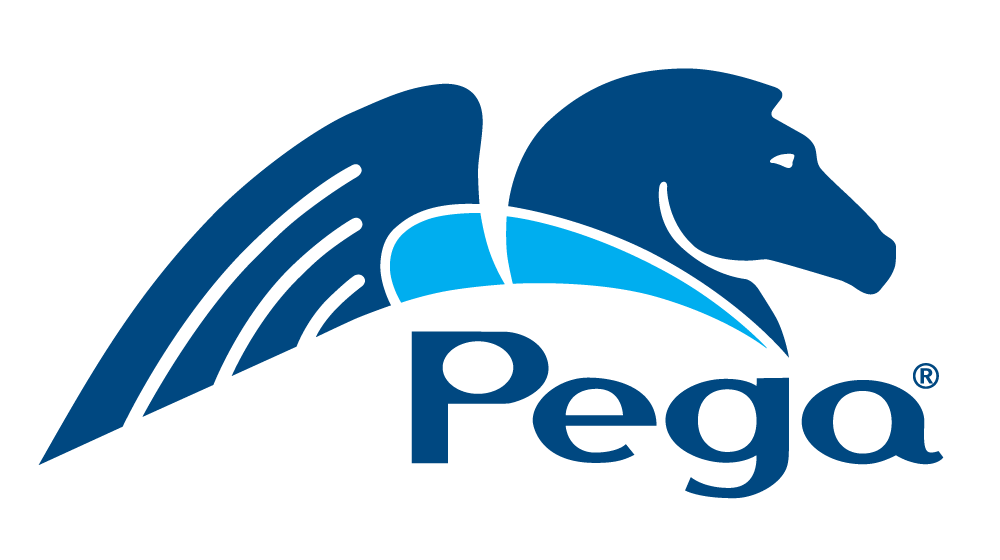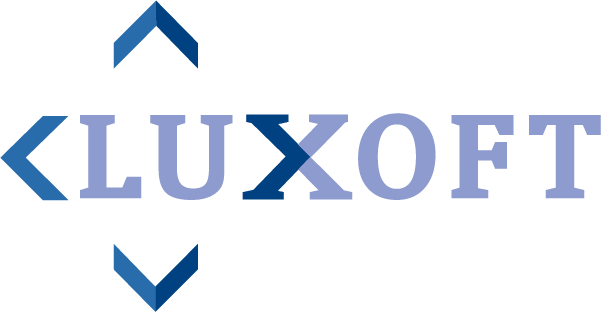General rules
The general rules of the 2013 Regional Competitions are at ICPC website. The eligibility decision tree can be found here.Local rules
Teams
- Only teams accepted by the Regional Contest Director can take part in the contest.
- All teams who want to participate have to check-in at the registration desk on Friday or on Saturday. A team cannot compete in the CERC if the participation fee is not paid in advance. No cash will be accepted during the registration.
Conduct of the contest
- All team members must attend all contest activities as specified in the schedule. The Coach is expected to attend or be available by phone during contest activities. Failure to attend any of the designated contest events can result in automatic disqualification and forfeiture of any prizes.
- At least six problems will be posed. So far as possible, problems will avoid dependence on detailed knowledge of a particular applications area or a particular contest language. However some knowledge of basic graph, text and geometric algorithms can be helpful. (A good source of such algorithms is the book "Introduction to Algorithms, 2nd edition" by Cormen, Leisserson, Rivest, and Stein.)
- The language of the contest is English. All written contest materials and all communications with contest officials will be in English.
- Contestants may bring resource materials such as books, manuals, notes and program listings. Contestants may not bring any machine-readable versions of software or data. Contestants may neither bring their own computers, computer terminals and calculators nor any kind of communication devices such as radio sets, cellular phones, pagers and PDAs.
- Solutions to problems (source programs) submitted for judging are called runs. Each run is judged as accepted or rejected and the team is notified of the result.
- Rejected runs will be marked as either "compile time error" or "run-time error" or "time-limit exceeded" or "wrong answer" or "contest rule violation."
- A contestant may submit a claim of ambiguity or error in a problem statement by submitting a clarification request to a judge. If the judges agree that an ambiguity or error exists, a clarification will be issued to all contestants.
- Contestants are not to converse with anyone except members of their own team and personnel designated by the regional contest director. System support staff may advise contestants on system-related problems such as explaining system error messages.
- The contest will be held in a networked environment. The network may only be used to submit solutions, to ask questions, backup the solutions, and to produce listings in ways designated by the organizers. Any other use of the network is strictly forbidden and results in immediate disqualification and removing from the contest area.
- While the contest is scheduled for five hours, the regional contest director has the authority to alter the length of the contest in the event of unforeseen difficulties. Should the contest duration be altered, every attempt will be made to notify contestants in a timely and uniform manner.
- A team may be disqualified by the regional contest director for any activity that jeopardizes the contest such as dislodging extension cords, unauthorized modification of contest materials (soft- or hardware), forbidden network activities, or distracting behavior.
- The contest director is solely responsible for ruling on unforeseen situations and interpreting these rules.
Scoring of the contest
- A problem is solved when it is accepted by the judges. The judges are solely responsible for accepting or rejecting submitted runs. In consultation with the judges, the regional contest director determines the winners of the regional contest. The regional contest director and judges are empowered to adjust for or adjudicate unforeseen events and conditions. Their decisions are final.
- Teams are ranked according to the most problems solved. Teams who solve the same number of problems are ranked by least total time. The total time is the sum of the time consumed for each problem solved. The time consumed for a solved problem is the time elapsed from the beginning of the contest to the submittal of the accepted run plus 20 penalty minutes for every rejected run for that problem regardless of submittal time. There is no time consumed for a problem that is not solved. In case of a tie, teams are ranked by the number of minutes elapsed from the beginning of the contest until the first correct solution was submitted. If the last rule does not break the tie the regional contest director is responsible to find a fair solution.
- The penalty minutes are not added if the program was rejected with “compile error” or “rule violation” (though the latter can result in team disqualification).
Contest environment
- Each team will be allowed to use one IBM PC compatible computer. The guaranteed configuration of the computer includes a keyboard, mouse and color monitor. The team will also have access to a common printer.
- Users' environment will consist of a workstation running Ubuntu Linux operating system with desktop environment and a set of standard system and development utilities.
- Access to a number of editors, including codeblocks, eclipse, geany, gedit, kate, mcedit, vim, xemacs and xwpe, will be provided. Debuggers, apart from those in some of aforementioned editors, will be ddd, gdb and nemiver.
- Submission of solutions will be done through a WWW browser. GUI-based browser will be provided for this task.
- The programming languages of the contest are Java and C/C++ .
- The name of the submitted program must have *.java extension for Java programs, *.c for C programs and *.cpp for C++ programs.
- The programs will be compiled and executed in x86-64 Linux system.
- Size of the source code cannot exceed 100 KB.
- The programs will be compiled using the following commands:
- Java:
- C:
- C++:
javac -d . <filename>
gcc -static -Wall <filename> -o <exec-name> -lm -O2
g++ -std=c++0x -static -Wall <filename> -o <exec-name> -O2
-
Access to the following compilers will be available:
- OpenJDK Java v. 1.7.0_25 for Java programs
- GCC v. 4.7.3 for C and C++ programs.
- The program must compile in 20 seconds, the compilation cannot use more than 1GB of total memory and 64MB of stack memory.
- The ANSI C standard library and the standard template library will be available.
- For each compiler on-line manual will be installed.
- Executable code cannot have more than 10 MB.
- Each program has 512 MB of memory at its disposal.
- Java programs stack size is limited to 256 MB. C/C++ programs have no separate stack limit.
- Each program has to terminate with an exit code 0 (return 0).
- For each submitted program it is not allowed to use one of the following constructs:
- usage of creation of any file other than stdin and stdout,
- usage of more than one thread or process,
- usage of any network facilities.








